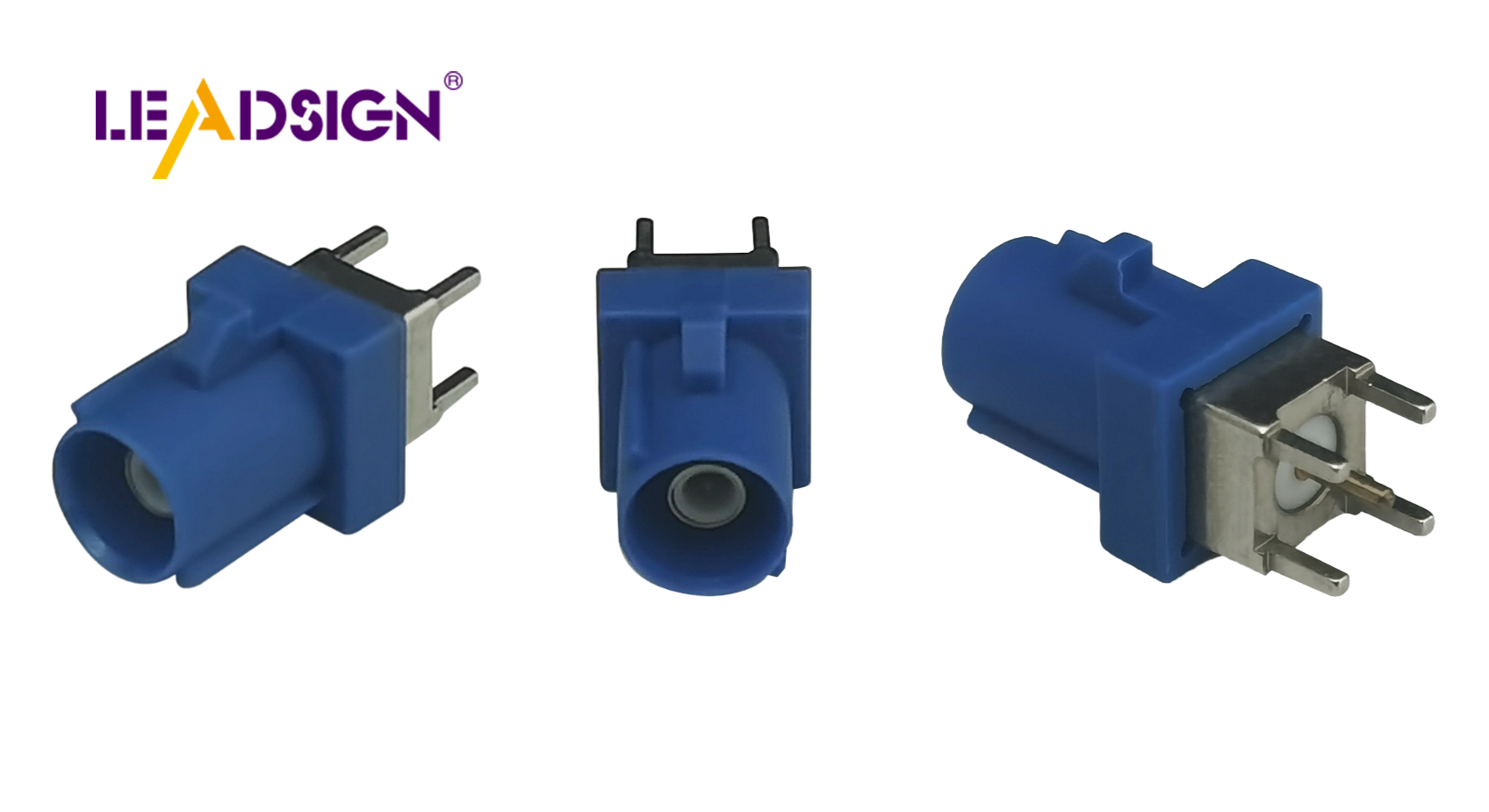How to Identify Automotive Electrical Connectors Types for Replacement

Finding the right automotive electrical connectors types is important. They help your car's electric parts work well. Connectors send signals between different systems in your car. This helps parts talk to each other properly. But, picking the right connector can be hard. There are many shapes, colors, and pin setups. Using them often can cause them to break more easily. So, change broken connectors quickly. Look for cracks or rust on them. Knowing this keeps your car safe and reliable.
Understanding Car Electrical Connectors
When you work with car connectors, knowing their parts is key. This helps you pick the right one for your car.
Main Parts of Connectors
Car connectors have important parts that make sure they work well.
Pins and Sockets
Pins and sockets are the main parts. Pins fit into sockets to connect electricity. Always check how many pins a connector has because it can change if it fits.
Covering and Insulation
The covering keeps pins safe from dirt and water. Insulation wraps wires to stop electrical problems. Look for cracks in the covering to keep things safe.
Common Car Connector Types
Different connectors do different jobs in cars. Knowing them helps you find and swap them easily.
Blade Connectors
Blade connectors are flat and slide into slots. They are easy to use in cars like lights or radios.
Bullet Connectors
Bullet connectors are round and click together. They give a strong connection, often used in car lights. Make sure they fit tight so they don't come loose.
Butt Connectors
Butt connectors join two wires end-to-end. They're good for fixing or making wires longer. Crimp them right for a strong hold.
Connector Materials Matter
Materials affect how long connectors last. Knowing this helps pick the best one for your car.
Metal Types
Connectors use metals like copper or brass for pins. These metals carry electricity well and don't rust easily. Pick ones with good metal for lasting use.
Plastic and Rubber Covering
Plastic and rubber cover protect from water and dirt. Check if it's tough enough for cars' conditions.
By knowing these parts, you can find and change car electrical connectors confidently, keeping your car's systems working safely.
Steps to Find Connector Types
Finding the right automotive electrical connectors is key for your car. Follow these steps to pick the correct one.
Look Closely
First, look at the connector carefully. You can learn a lot by just looking.
Check Labels
See if there are any labels on it. Makers often put numbers or letters on them. These help you know what type it is.
Compare with Guide
Next, check the car's manual or website. Look at its shape and pins. Make sure they match the guide to get the right one.
Use Tools
Sometimes looking isn't enough to find connector types. Tools can help more.
Use a Multimeter
A multimeter checks electricity in connectors. It tells you if it's working well. This helps see if it fits what you need.
Try Kits
Kits have tools and charts for finding connectors. They show different types and uses. Kits make finding connectors fast and easy.
Scientific Research Findings: Finding connectors means checking looks, specs, uses, and types. Using guides helps find them right.
By doing these steps, you will find the right automotive electrical connectors for your car easily.
Best Practices for Changing Connectors
Changing car electrical connectors needs careful work. Doing it right keeps your car's electric parts safe.
Safety First
Be safe when working with connectors. Being careful stops accidents and damage.
Turn Off Power
First, turn off the power. This stops shocks or short circuits. Always unplug the car battery before touching connectors. This simple step keeps you and the car safe.
Right Tools Matter
Using good tools makes changing easier and safer. Buy tools made for car electric work. They help you change connectors without harm. Good tools fit well, stopping future problems.
Make Sure It Fits
Making sure it fits is key to a good change. Match new connectors with old ones to keep things working.
Find the Right Type
Check the old connector to find the right type. Look at its shape, size, and pins. Matching these makes sure it fits well. If unsure, ask an expert for help with connectors and electronics.
Test After Change
After changing, test to see if all works fine. Start the car and check parts connected to it. Make sure they work as they should. Testing shows if the new connector fits right and is secure.
Expert Advice: If it's hard to know a connector, ask an expert in connectors and electronics.
By following these steps, you can change car electrical connectors easily. This way keeps your car's electric systems safe and working well.
This guide showed how to find and change car connectors. You learned about types, materials, and tools. Regular care is important. It helps connectors last and work well. A small amount of grease stops many problems. Checking often finds issues early. If it's hard, ask a pro for help. Experts can guide you and keep things safe. By doing these steps, your car's electric parts stay in good shape.
See Also
Exploring Ford Fakra Connectors in Depth
Essential HSD Connectors in Automotive Sector
Significance of FAKRA Connectors in Auto Uses

